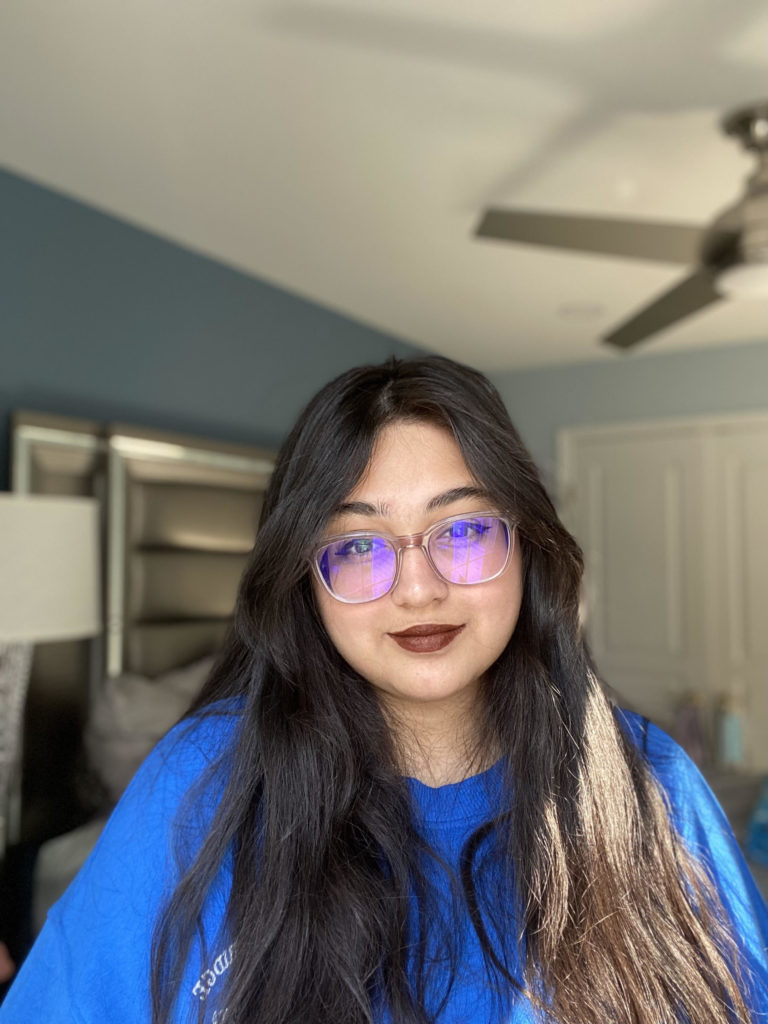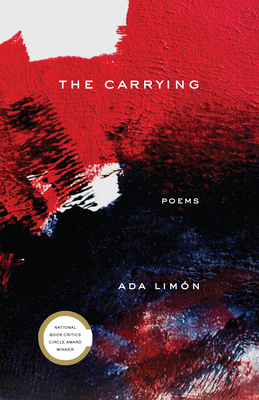Happy New Year. Starting this month, we’re privileged to welcome Pranaya S. Ayyala onto the LR team as our spring editorial intern! Pranaya is an undergraduate student at the University of Pittsburgh, where she is pursuing a minor in creative writing and a major in accounting. A poet and avid bibliophile, Pranaya will be contributing to our Asian American Poetry Companion series on the blog, as well as writing and helping out behind the scenes as we gear up towards submissions for our 2022 season. As you’ll be hearing from her from time to time, we thought we’d take a minute to help you get to know her. Read on to learn about some of Pranaya’s favorite recent reads, the superpower she wishes she had, the advice she’d give her younger self, and more.
LANTERN REVIEW: Tell us a little bit about yourself. How did you come to poetry?
PRANAYA S. AYYALA: I’ve been writing poetry since I was fifteen, and I must admit, it wasn’t very good poetry at the beginning. It’s taken me time to fully create my own meaning for what poetry is in my life and my work, but I’m getting there! I’ve begun to experiment with my work, learning as much as I can about the art form. Taking formal courses to analyze other work has really helped me find my style and redefine writing for myself. Overall, I’ve started to see poetry for the vast form that it is and am finding joy in considering myself not only a writer, but also an artist of words!
LR: What obsessions or thematic interests drive your writing?
PA: When I first wrote poetry, I found myself using my own experiences as themes, but as I’ve grown, I’ve found my writing encompassing the stories that others haven’t had a chance to tell. Stories about the generations before me and stories about the women of my family and my culture. These themes have led me to put topics that my culture often tiptoes around on the page—talking about bodies, trauma, and the immigrant experience—and how that melting pot of cultures within us interacts with America and society as a whole today.
LR: What are your favorite poets, poems, or poetry collections of the moment?
PA: I’ve currently been enjoying Ocean Vuong’s Night Sky with Exit Wounds, Ada Limón’s The Carrying, Claudia Rankine’s Citizen, and Jane Wong’s How to Not Be Afraid of Everything.
LR: If you could have any superpower, what would it be?
PA: I think a superpower I’d love to have is super-keen observation! Writing has consistently been one of the biggest aspects of my life since I was eight years old, and I’ve come to understand it as a sort of painting using my words. Observation and detail are key—to find the extraordinary in ordinary moments—and then to put a piece together and put it out into the world on its own journey. I’d love to remember those mundane but special moments in the same detail that I experienced them.
LR: What’s something you wish you could tell your younger self?
PA: I wish I could’ve been told earlier about how poetry and writing are art forms too—that I am allowed to follow as many or as few rules as I want when I am creating for myself. It’s this realization that helped me use my poetry as a medium as opposed to trying to write something “pleasing” to read, because after all, who defines whether art is pleasing or not? Or that it needs to be pleasing at all? It would have been nice to know that my writing is simply allowed to be.
LR: Who are your Asian American role models? What are your hopes for the future of Asian American literature?
PA: Some of my Asian American models are people I’ve met fairly recently, actually! I think people like me, who grew up looking to writers as superheroes or celebrities, tend to think that writers aren’t normal people. I’ve learned otherwise these past few months. Working with Iris, Mia, Indrani, and talking to other Indian American writers has been life changing. I’ve also gotten the chance at university to work with other Asian American women, whom I really look up to as well. Poetry has given me a community whose welcoming nature I will never forget—I think it will always be one of those “mundane but special” moments! I really hope that Asian American literature maintains this same sense of community. I think we’re a super special group of people, and I think my biggest wish is that the younger generation will not have to seek us out with any special effort, that we can visibly be there to teach them that they are just as amazing and that there are people out there doing the work that they might want to do in the future as well.
ALSO RECOMMENDED:
The Carrying by Ada Limón (Milkweed, 2018)
Please consider supporting a small press or independent bookstore with your purchase.
As an Asian American–focused publication, Lantern Review stands for diversity within the literary world. In solidarity with other communities of color and in an effort to connect our readers with a wider range of voices, we recommend a different collection by a non-Asian-American-identified BIPOC poet in each blog post.

